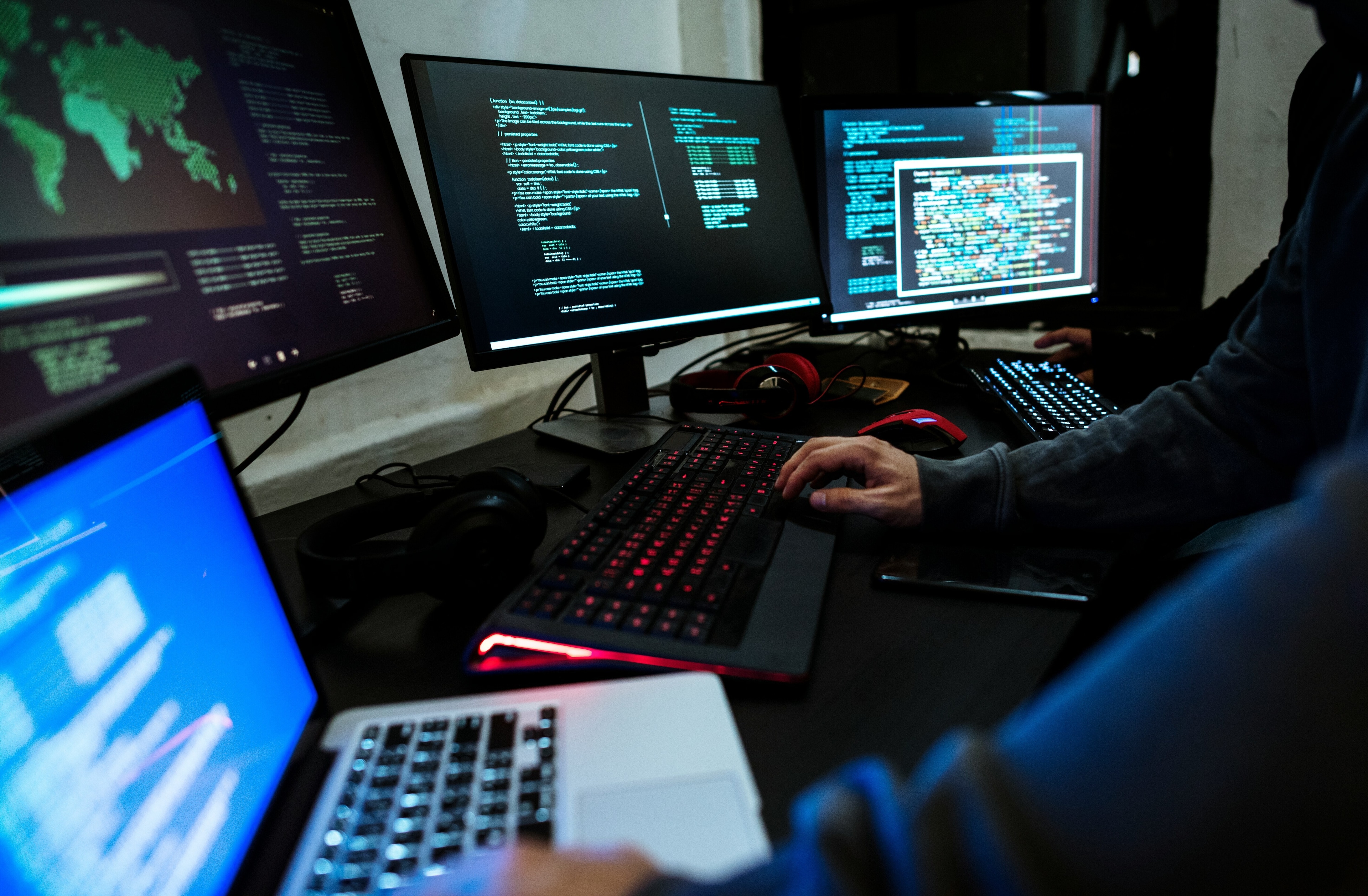
回顾2025年:前沿科技领域有哪些最值得关注的议题?
2025年,前沿科技跨越了关键临界点——不仅实现技术突破,更开启了规模化应用进程。从量子安全、空间计算到气候科技、粮食系统创新,这是科技融合产生切实成果的转折之年。
Jeremy Jurgens is Managing Director & Head of the Forum's Centre for Frontier Technologies and Innovation and Centre for Cybersecurity. His responsibilities include oversight of the Forum’s global network of 4IR centers, emerging technologies and innovation and technology pioneer communities. He has served in various functions since 1999 including Chief Business Officer, Chief Information Officer, Chief Representative China, the head of the Annual Meeting in Davos and the architect of the Forum’s Strategic Intelligence Platform.
Prior to joining the Forum, Jeremy Jurgens has worked at Microsoft, Patagonia and the Japanese Ministry of Finance. He holds a Master in Education from Harvard University and a BA in Economics and International Relations, from Claremont McKenna College.
2025年,前沿科技跨越了关键临界点——不仅实现技术突破,更开启了规模化应用进程。从量子安全、空间计算到气候科技、粮食系统创新,这是科技融合产生切实成果的转折之年。
In 2025, frontier technologies crossed key thresholds – not just advancing, but beginning to scale. From quantum security and spatial computing to climate and food systems innovation, thi...
Coincidiendo con la celebración de la COP30 en Belém, esta edición de nuestro resumen sobre tecnologías de frontera e innovación examina cómo la colaboración y la innovación pueden ayudar...
国連気候変動枠組条約第30回締約国会議(COP30)がブラジルのベレンで開催されるにあたり、本寄稿文では、地球を安全な限界の中に戻すのに役立つ協力と革新のあり方を探ります。
As COP30 gets underway in Belém, this edition of the Frontier Technologies & Innovation wrapper explores how collaboration and innovation can help bring our planet back within safe li...
Al concluir la Semana Mundial del Espacio, este resumen de tecnologías de frontera e innovación aborda el papel cada vez más importante de la observación de la Tierra en las decisiones em...
Gone are the days when cybersecurity was the sole remit of the IT department.
As World Space Week wraps up, this edition of the Frontier Technologies & Innovation wrapper dives into Earth Observation's growing role in decision-making for business and policy, wh...
El año 2025 ha sido declarado el Año Internacional de la Ciencia y la Tecnología Cuántica, marcando un punto de inflexión en cómo la innovación cuántica está moldeando economías e industr...
The year 2025 has been declared the International Year of Quantum Science and Technology, marking a turning point in how quantum innovation is shaping economies and industries.
The World Economic Forum’s 2025 Annual Meeting in Davos, Switzerland, embodied constructive optimism, fostering collaboration and tangible solutions. Key outcomes included economic growth...
歴史には、私たちが見逃してしまうかもしれないパターンを明らかにする力があります。複雑系科学が生まれたサンタフェ研究所のホールで、研究者のブライアン・アーサー博士は、テクノロジーの進化に関する画期的な理解の基礎を築きました。
History has a way of revealing patterns we might otherwise miss. In the halls of the Santa Fe Institute, where complexity science was born, researcher W. Brian Arthur laid the groundwork ...
The growing global quantum divide between countries with established quantum technology programmes and those without will lead to significant imbalances in core areas such as cybersecurit...
En el centro de los debates sobre tecnología en Davos 2024 hubo un creciente reconocimiento de que el futuro de la IA no debe limitarse a los extremos. Además, las conversaciones no versa...













